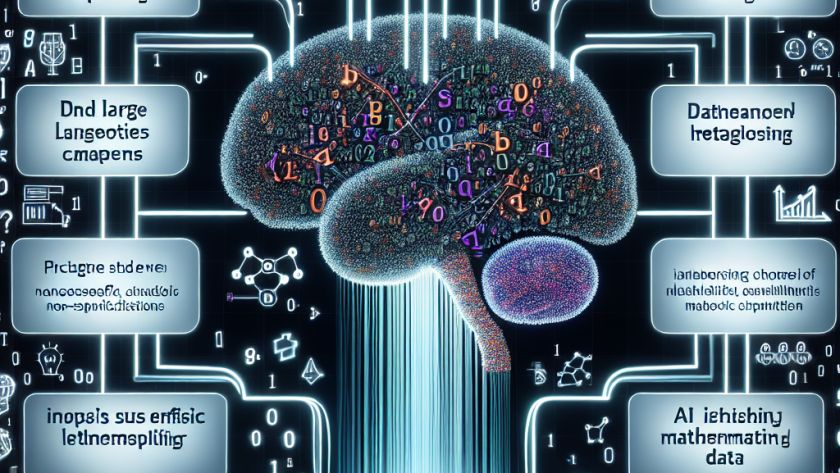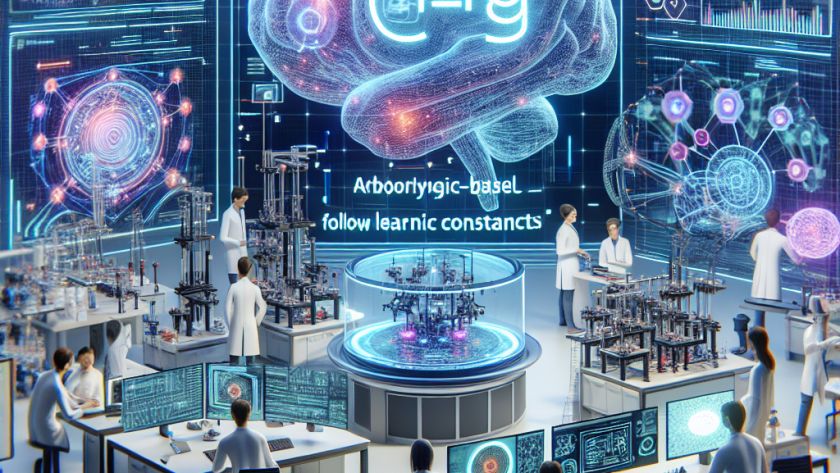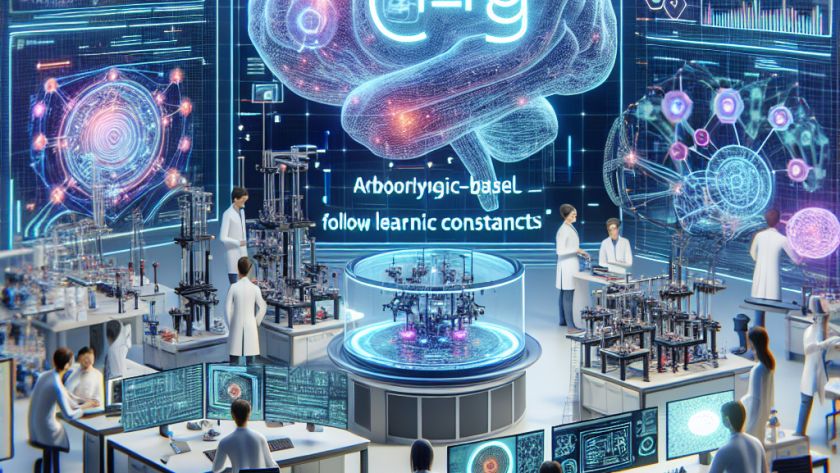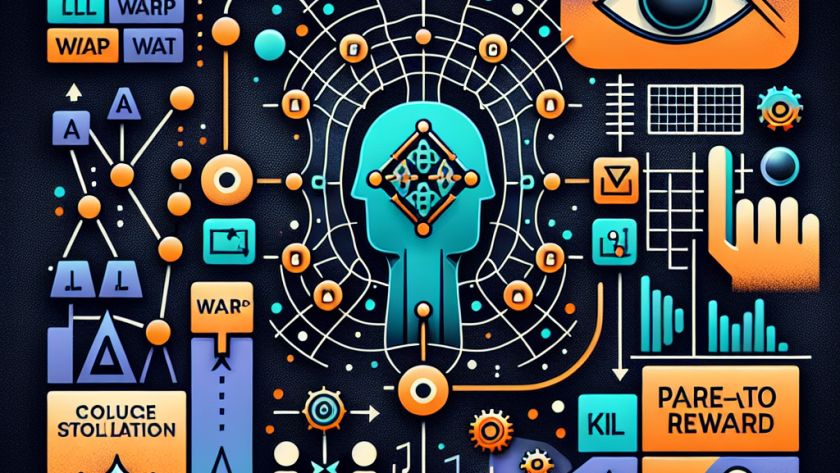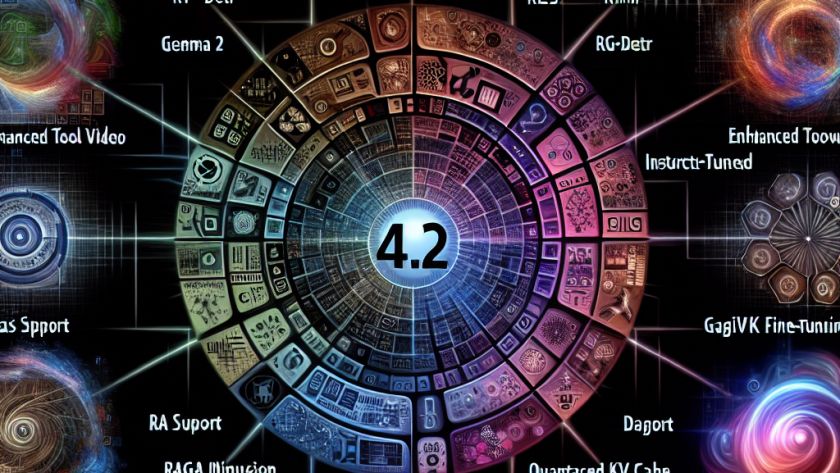Perplexity AI, a company that blends a search engine with generative AI to deliver AI-created content related to user search queries, has been accused of unethical data collection practices. It allegedly scraped content from several websites, including those that expressly disallow it, without proper protocol. The controversy began on June 11th when Forbes claimed that…


